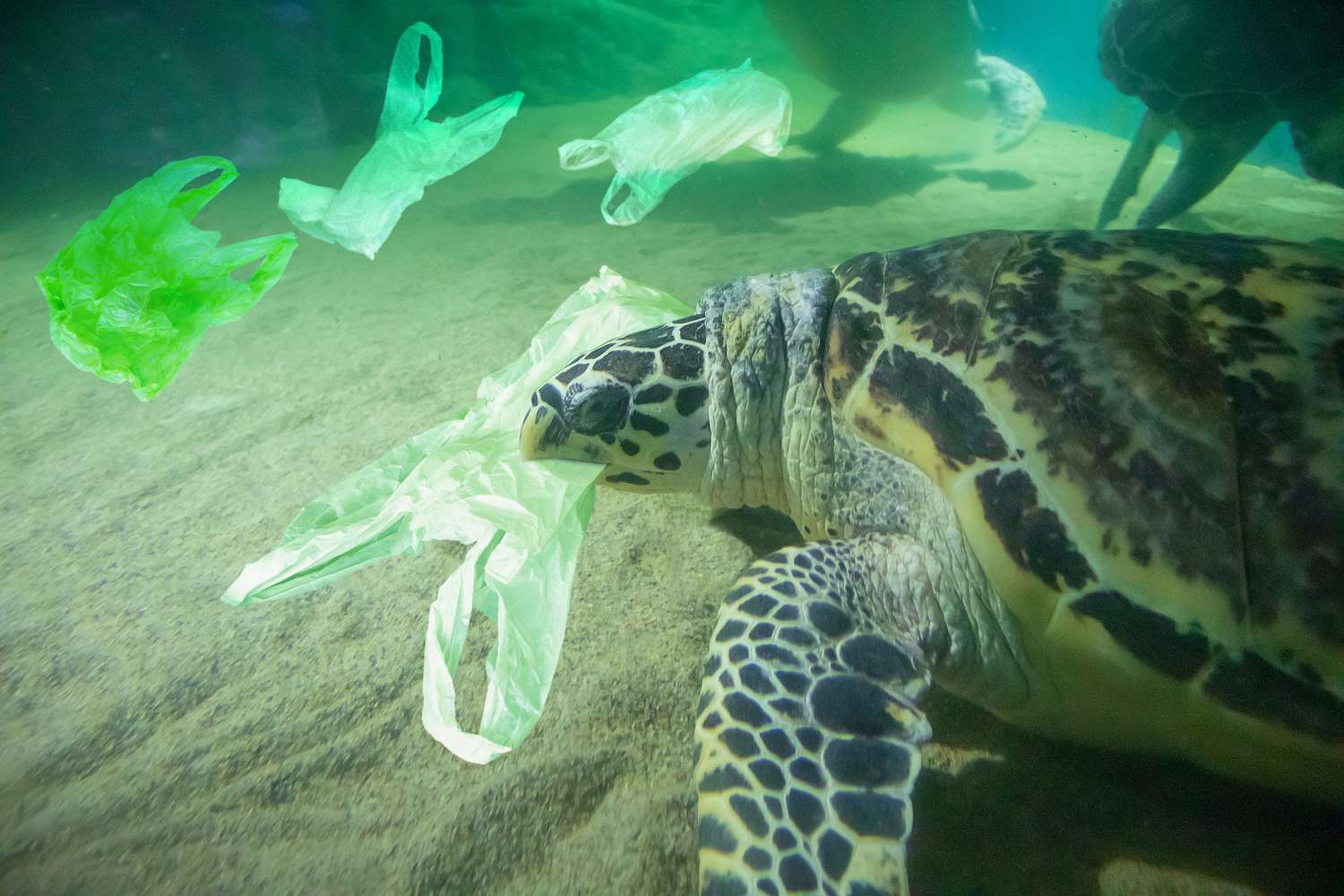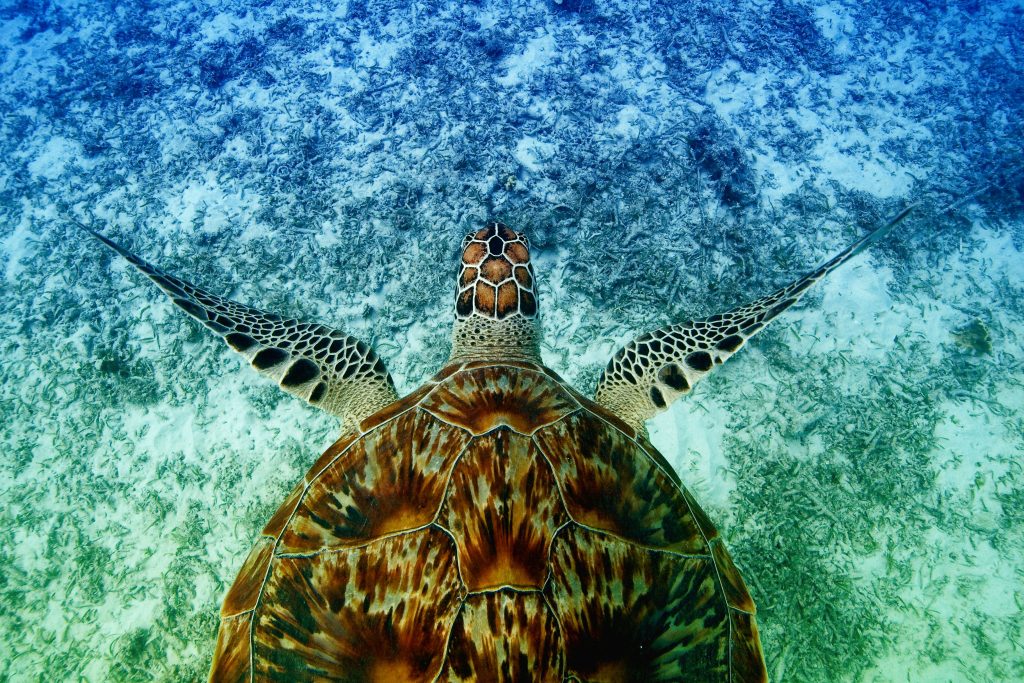
Ocean Conservation: Protecting Marine Ecosystems
Our planet Earth is often called the “Blue Planet” due to its vast oceans covering more than 70% of its surface. These oceans are not just a source of awe-inspiring beauty but crucial in sustaining life on Earth. From providing us with food to regulating our climate, marine ecosystems are invaluable. In this article, we’ll dive into the world of ocean conservation, exploring why protecting these precious ecosystems is essential. Join us on this journey to understand how we can make a difference in safeguarding our oceans.
The Wonders of Marine Biodiversity
Our oceans are teeming with life, from the tiniest plankton to massive whales. The incredible diversity of species found in marine ecosystems is truly astonishing. Just think about it: coral reefs are home to around 25% of all marine species. This biodiversity ensures the balance of the marine food web, making it more resilient to environmental changes.
Human Impact on Marine Ecosystems
Sadly, human activities have taken a toll on our oceans. Pollution, habitat destruction, and climate change have disrupted these delicate ecosystems. The damage caused by these activities affects marine life and us, as we rely on the oceans for our livelihood and sustenance.
Overfishing: A Looming Threat
Overfishing is a grave concern that threatens marine life worldwide. Extracting fish from the oceans faster than they can reproduce leads to population declines and even the extinction of certain species. Sustainable fishing practices are crucial to prevent the collapse of fish stocks.
Coral Reefs: The Rainforests of the Sea
Coral reefs are often called the “rainforests of the sea” due to their high biodiversity and ecological importance. These fragile ecosystems face severe threats from rising sea temperatures and ocean acidification. Conservation efforts are essential to protect these underwater wonders.
Plastic Pollution: A Growing Menace
Plastic pollution has become a global crisis. Millions of plastic waste enter the oceans yearly, harming marine life and ecosystems. We must reduce, reuse, and recycle to combat this menace and prevent further damage.

Climate Change and Ocean Acidification
Climate change, driven by human activities, is causing sea levels to rise and temperatures to increase. These changes lead to ocean acidification, which harms marine life and disrupts ecosystems. Mitigating climate change is crucial for the health of our oceans.
Conservation Efforts Worldwide
Conservation organizations, governments, and individuals worldwide are working tirelessly to protect marine ecosystems. These efforts include creating marine protected areas, enforcing fishing regulations, and promoting sustainable tourism.
Sustainable Fishing Practices
Sustainable fishing practices aim to ensure we enjoy seafood without depleting fish populations. This includes setting catch limits, avoiding bycatch, and using gear that minimizes harm to marine life.
Marine Protected Areas: Safe Havens for Wildlife
Marine protected areas (MPAs) are designated regions where human activities are restricted to protect marine life. They serve as safe havens for endangered species and help restore damaged ecosystems.
The Power of Individual Actions
While global efforts are crucial, individual actions also make a significant impact. Simple changes in our daily lives, such as reducing single-use plastics and supporting sustainable seafood, can contribute to ocean conservation.
Conclusion
In Conclusion, our oceans are under threat, but there is hope. We can make a positive difference by understanding the importance of marine ecosystems and taking action. Whether it’s reducing plastic waste, supporting sustainable fishing practices, or advocating for marine conservation, every effort counts. Let’s work together to ensure that future generations can continue to marvel at the wonders of our oceans.
FAQs: Your Questions Answered
- Why should I care about ocean conservation?
It would help if you cared about ocean conservation because our oceans are essential for life on Earth. They provide us with food oxygen, and help regulate the climate. Protecting marine ecosystems ensures a sustainable future for all.
- How does plastic pollution harm marine life?
Plastic pollution harms marine life in various ways. Marine animals can ingest or become entangled in plastic, leading to injuries and death. Additionally, plastics can break down into harmful microplastics, which enter the food chain, affecting even more species.
- What can I do to support ocean conservation?
You can support ocean conservation by reducing plastic use, supporting sustainable seafood choices, participating in beach clean-ups, and advocating for policies that protect marine ecosystems. Small actions collectively make a big difference.
- What is the role of marine protected areas (MPAs)?
Marine protected areas play a vital role in safeguarding marine biodiversity. They provide safe havens for endangered species, allow ecosystems to recover, and help maintain healthy fish populations. MPAs are critical for long-term ocean conservation.
- How can I get involved in ocean conservation efforts?
Involving in ocean conservation can be as simple as supporting organizations dedicated to this cause, volunteering for local clean-up events, or educating others about the importance of protecting our oceans. Your engagement matters.
